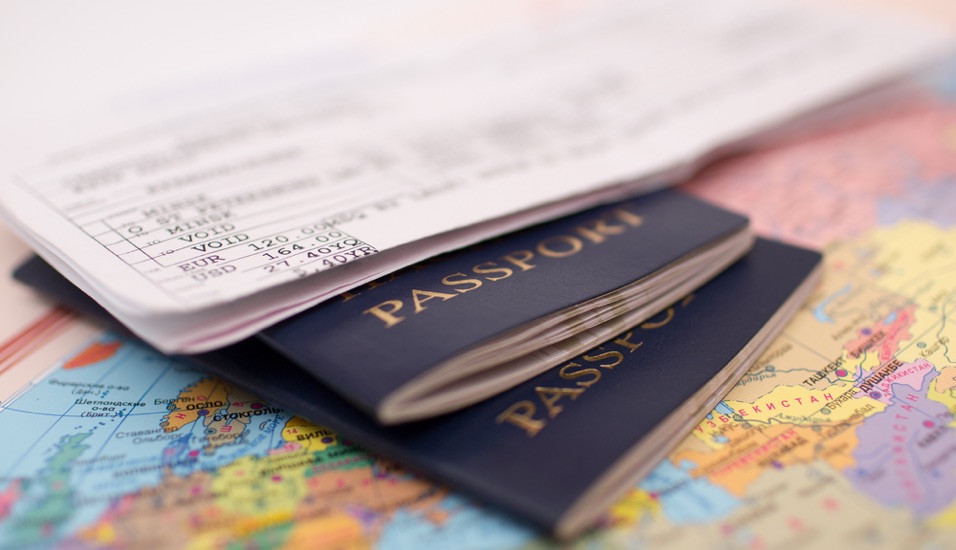The use of money to obtain residence rights that underpin a number of Investment Migration/Citizenship by Investment programmes was explored, conceptually, by the economist Gary Becker (Becker, 1987), who argued that letting immigrants pay for the right to reside in another country was more efficient than subjecting them to lengthy waiting periods. His main policy recommendation was a payment system for visas and citizenship rights.
However, there are good reasons to avoid treating immigration rights as a commodity — in this case, citizenship or residence permits — that is obtained in exchange for money. The market mechanism may be more efficient than bureaucratic allocation in some cases but at the same time, money for citizenship programmes provide a substantial advantage to rich immigrants over non-rich migrants such as unskilled migrants and refugees who cannot afford to make hefty payments to get residence permits and citizenship. It is clear that existing inequalities of income and wealth will be amplified if migration policies in receiving countries are driven by the prospective immigrants’ ability to pay.
Some analysts have developed the concept of a ‘global market of nationalities’ (H&P and Kochenov, 2017). Using empirical indices of quality of nationality they find that governments compete to attract high-wealth migrants by offering favorable migration rules, financial security, high living standards, social peace, the rule of law, good educational facilities, and safe cities. The quality of nationality index gives considerable weight to the fact that possessing or acquiring the citizenship of certain countries allows for free-entry to a large number of countries, e.g., a citizen of Cyprus, an EU member state, has access, visa-free, to 172 nations.
Why the wealthy emigrate? Pull factors
We can identify four reasons why wealthy and talented individuals migrate to other nations:
(a) in response to new opportunities for profit abroad;
(b) to enlarge the scope of their work and attain international recognition;
(c) to escape from political, religious, or ethnic persecution; and
(d) to seek to shield their assets from taxation, financial uncertainty, and confiscation policies.
The financial empire built by the Rothschild family in the 19th century required an important degree of international mobility for those at the helm of the family business.[7] In turn, successful entrepreneurial dynasties such as the Mellons, the Carnegies, the Rockefellers and the Soros family migrated to the United States where their careers and fortunes (including philanthropic activities) received a huge boost. On the other hand, during the 20th century, the wealthy classes fled from anti-capitalist revolutions such as the Bolshevik revolution of 1917, the Chinese revolution of 1949, and the Cuban revolution of 1959. As a consequence, ‘white Russians’ moved mainly to Europe, the Chinese to South Asian countries, and the Cuban bourgeoisie to the United States (particularly to the state of Florida).
Communist regimes have virtually disappeared and capitalism has been consolidated at a global level (albeit with a high incidence of financial crises and rising inequality). These epochal events have boosted the global circulation of the rich. Now, the main sources of risk are terrorism, financial uncertainty, and macroeconomic volatility.
Why the wealthy leave their home nations? Push factors
Push factors that prompt the wealthy to move abroad include economic insecurity, cumbersome taxation systems, inadequate protection of property rights, and economic and political crises. A class of new rich have emerged in a relatively brief period and circulate actively around the world: post-Soviet oligarchs, the very wealthy in China, rich elites in Latin America and Africa.
High inequality in the home country, though benefitting the wealthy, can also induce them to leave (or at least place part of their assets abroad) as unequal societies are more prone to experience macroeconomic and financial crises, and cycles of populism and authoritarianism. In contrast, these cycles are less commonly observed in more socially cohesive and egalitarian societies (e.g., Scandinavian and Central European nations) in which stability and good social services seem to encourage the rich to remain at home (Solimano, 2017).
In Latin America, some countries are more exposed to the flight of the wealthy. The economic collapse in Venezuela since 2014 – featuring hyperinflation, a scarcity of basic products, and massive output contraction, along with internal insecurity – has prompted massive emigration – including, of course, the wealthy – that has reached more than two million people.
The relationship between taxation levels and compliance costs and outflows of high wealth individuals is complex. The country which is probably the largest magnet for immigrants, the United States, has also shown a growing tendency for its citizens residing abroad to renounce their nationality, apparently for tax reasons. Interviews highlight that a main motivation for doing so is not so much a very high level of taxation but the complexity of the US tax system, including the high cost of filing taxes every year outside the US when tax experts conversant in that tax system are in short supply. On the other hand, countries with a high level of personal taxation such as Scandinavian countries do notfigure prominently among the nations in which rich nationals depart from their home countries. Therefore, the relationship between the level of taxation and the departure of the very rich is not that straightforward. The rich may not like paying high taxes but if they receive – like any other citizen where provision is universal – good quality education and health services, good public transport and adequate pensions, the rich may, ultimately, decide to stay at home.
Source/Credit: doc-research.org





